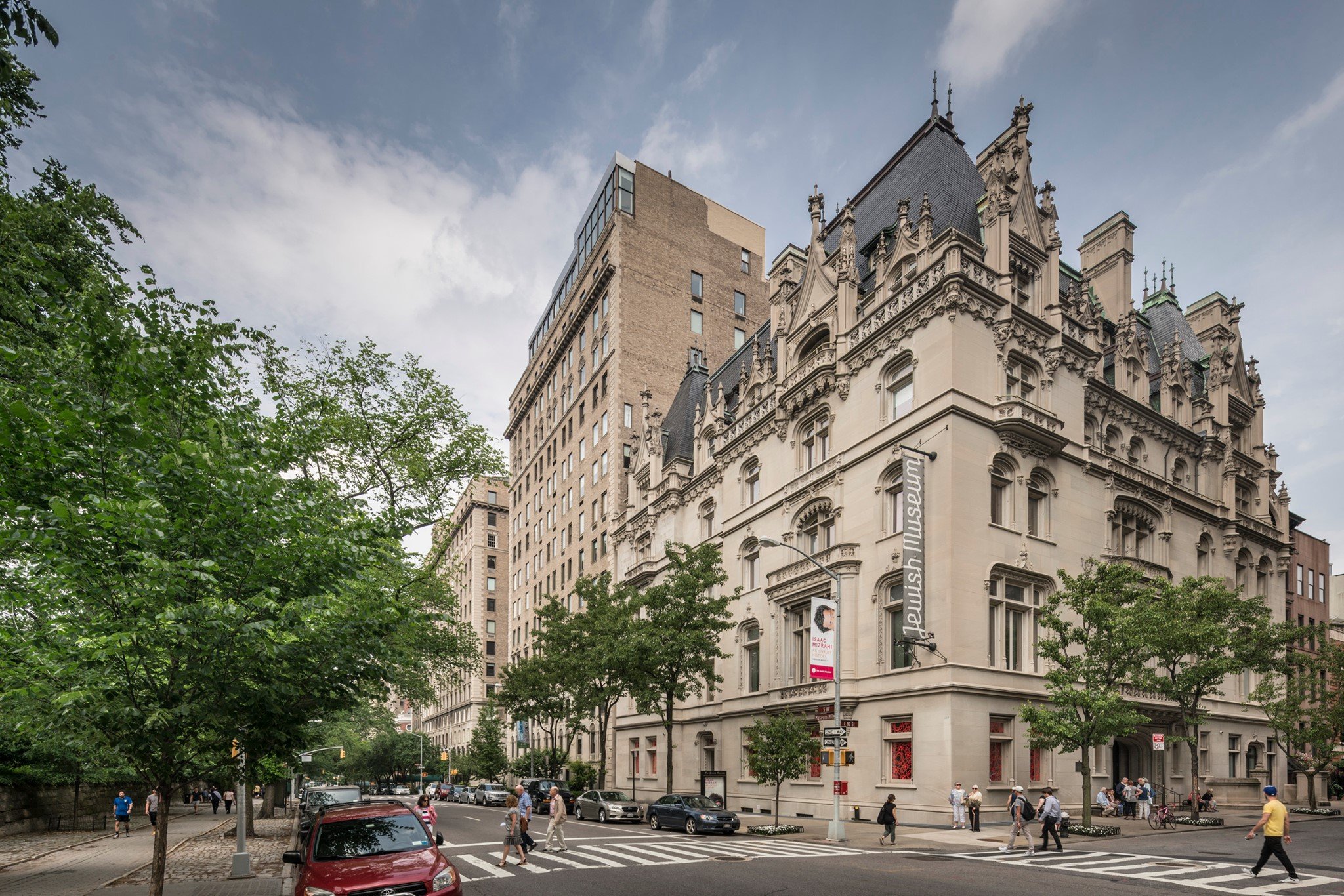
Workers at the Jewish Museum in New York are taking steps to unionize, becoming the latest in a long line of museum employees to make demands for collective bargaining.
Curators, art handlers, educators, development and retail staff, and visitor experience employees announced their intention to join the Technical, Office, and Professional Union Local 2110 UAW.
Unionization has become a necessity for museum staff,” associate curator Rebecca Shaykin said in a statement. “As museum professionals, we’re expected to work long hours for low wages with little assurance of promotional opportunities.”
Workers at nine other institutions across New York and New England have affiliated with the organization between November 2020 and August 2021, including those at the Guggenheim Museum, the Whitney Museum, the Brooklyn Museum, the Museum of Fine Art in Boston, and Mass MoCA.
“Museums depend a lot on our seasonal labor,” added Bryan Cook, an art handler at the museum. “They can’t mount exhibitions without us. Yet our pay is low and our working conditions are not always safe. We need to hold these major art institutions accountable for their treatment of workers like us.”
Diversity is another point of contention for workers at the museum, who in June 2020 sent an open letter to director Claudia Gould calling for a more transparent approach to diversity, equity, and inclusion practices.
In response to the announcement, a spokesperson for the Jewish Museum wrote in an email to Artnet News that it “is aware that staff have petitioned for a union election. The museum greatly values its staff and will respectfully engage in any process that transpires.”
As new variants of the coronavirus emerge, workers across the museum field are worried about ongoing job security and safe working conditions.
But the problems leading to widespread unionization efforts across the country are long-term and manifold.
“Pandemic-era austerity and dislocation collided with the long-term trend of stagnating conditions; the inspiration-by-example of recent political protest; and the increasingly endemic rejection of the idea that the spiritual rewards of working in culture justify barely livable pay and benefits,” art critics Ben Davis recently wrote of the unionization wave unfolding across the country.